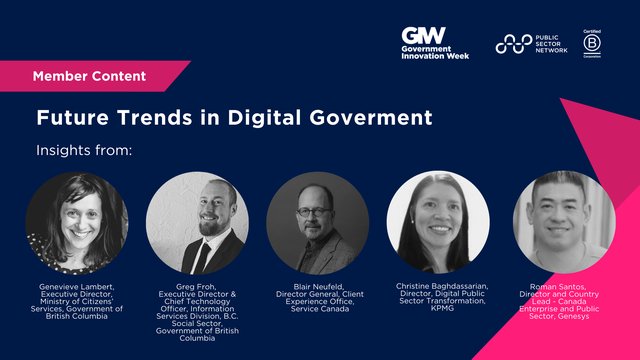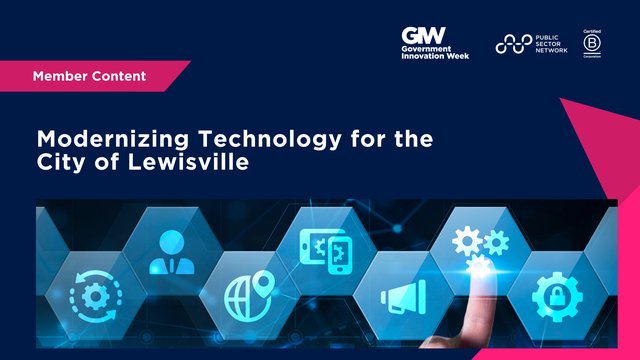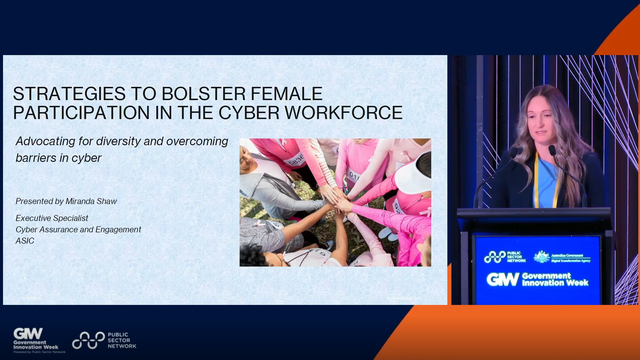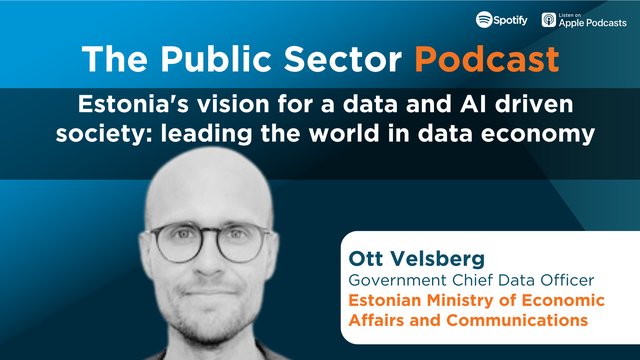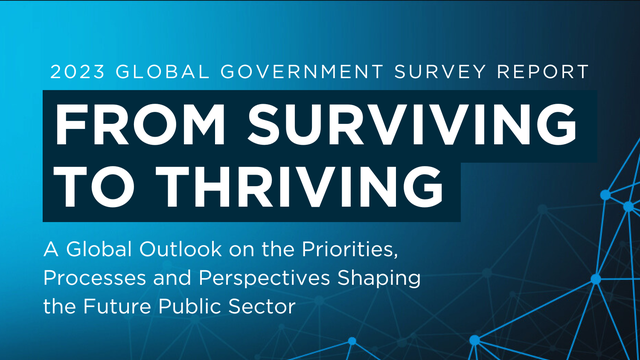
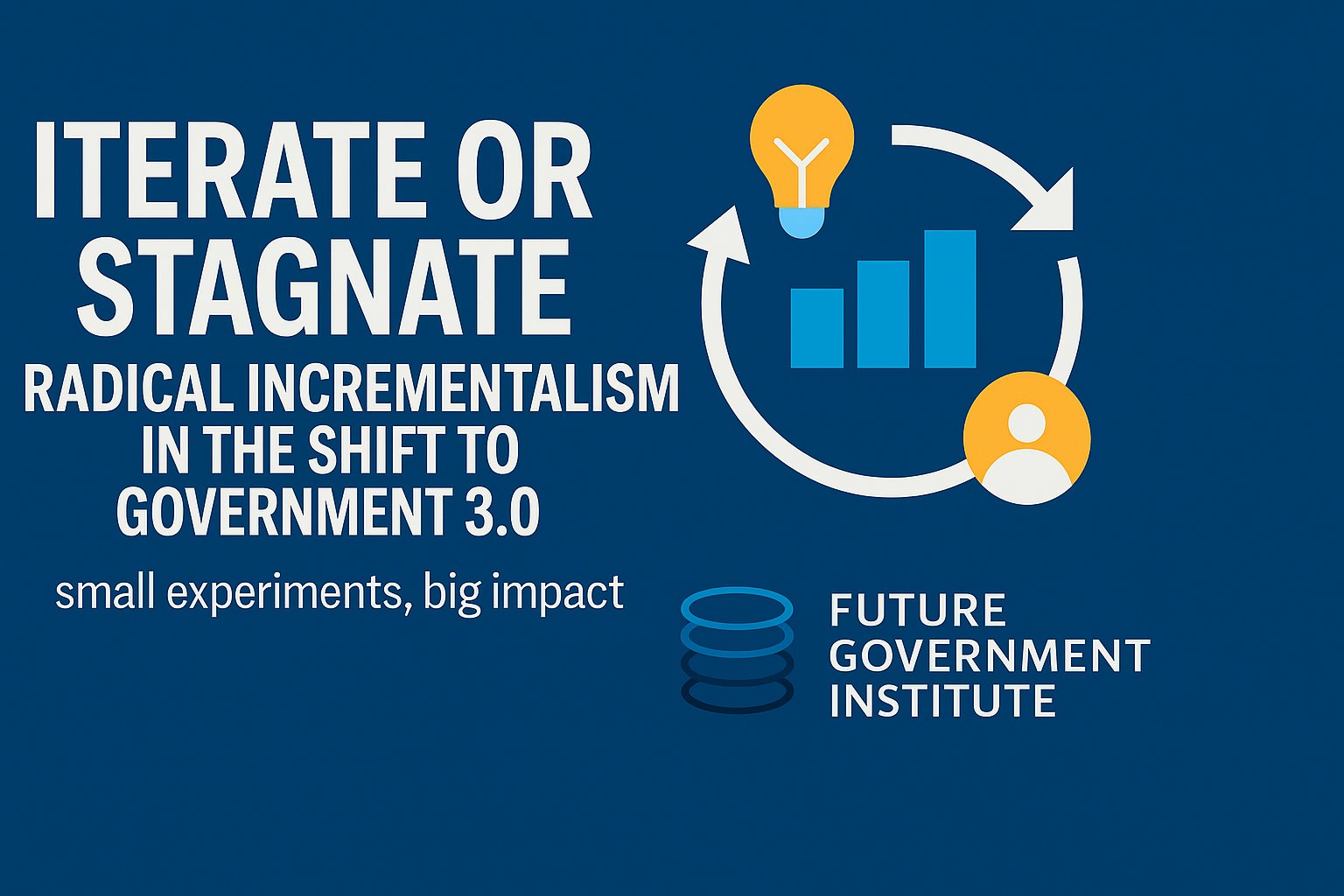
Big government reforms don’t usually fail because the ambition was wrong. They fail because the execution couldn’t keep up with the idea. Which is why, when we talk about Government 3.0, we need to start by talking about iteration.
In this second piece in our global insights series from the Future Government Institute, we’re looking at why small, continuous improvements matter more than grand transformation plans—and how smart governments are quietly building momentum one usability test, one cross-agency collaboration, and one policy pilot at a time.
The Power of Compounding
Service Canada’s Michael Kalin calls it “radical incrementalism”—not because the changes are small, but because the commitment to improving quickly and often is radical inside government systems.
Michael, who leads client experience work at Service Canada, has deep roots in behavioural science and impact evaluation. His point: public services fail not because the strategy is off, but because the execution doesn’t reflect how real people make decisions. The difference between a confusing call script and a clear one isn’t theoretical—it determines whether people access benefits or not.
“You don’t need to know what works before launching something. But you do need to know whether it’s working, and how fast you can adjust.” —Michael Kalin
Experimentation as Policy Muscle
Victor Dominello often says “innovation is a method, not a message.” What these governments are showing is that experimentation is a method too. Not a one-off pilot. Not a side project. But a core capability.
Armando Manzueta, Vice Minister in the Dominican Republic, shared how their administration is embedding experimentation labs across departments. They’ve partnered with different ministries—procurement, education, digital government—to run real-world proofs of concept, including AI pilots and public-facing chatbots. But these aren’t showcase pieces. They’re designed to test and fail quickly.
Armando sees it clearly - the hard part isn’t the tech, it’s the culture. Especially in hierarchical systems, where people are rewarded for compliance, not curiosity.
“You don’t build agility with workshops. You build it with real-world stress tests.”
Infrastructure That Enables Iteration
To iterate fast, you need foundations that don’t fall apart. In Uruguay, Hebert Paguas took a national approach to readiness. That meant:
- Investing in digital infrastructure early
- Legislating strong transparency and accountability laws
- Establishing national strategies for AI, data governance, and digital citizenship
Hebert’s team didn’t wait for global consensus on AI regulation. They developed their own guidelines and policies, specifically designed to be agile and responsive to Uruguay’s needs. That meant Uruguay could move ahead with things like energy-efficient data centers and sovereign AI experiments—while other countries debated frameworks.
This approach allowed Uruguay to build, test, and scale without getting stuck in analysis paralysis.
Speed Without Silos
The Irish government’s work on digital credentials shows that iteration and scale can go hand in hand—if you have the right conditions.
Barry Lowry, the country’s CIO, described how they ran small pilots of their digital wallet app, refined it with real user feedback, and only committed to a national rollout once the legal and functional foundations were in place.
What made it work wasn’t just the tech. It was the focus on collaboration across departments—from policing to health to education. And the design principle that citizens shouldn’t need to know which department does what. They just need services that work.
Momentum Over Moonshots
Here’s the connection across every jurisdiction we spoke with: build momentum first, then scale what works.
Grand digital visions can inspire. But they rarely survive contact with bureaucracy unless the machinery underneath can adapt. And that machinery is built through feedback loops, empowered teams, smart infrastructure, and leaders who protect space for experimentation.
Iteration isn’t flashy. But it’s how real transformation happens.
That’s the radical part.












